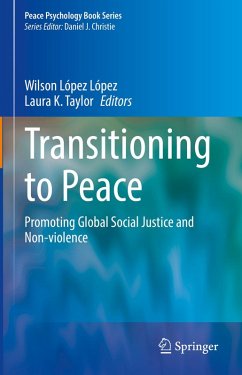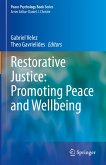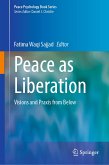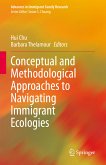This edited volume highlights how individuals, communities and nations are addressing a history of protracted violence in the transition to peace. This path is not linear or straightforward. The volume integrates research from peace processes and practices spanning over 20 countries. Four thematic areas unite these contributions: formal transitional justice mechanisms, social movements and collective action, community-driven processes, and future-oriented initiatives focused on children and youth. Across these chapters, the volume offers critical insight, new methods, conceptual models, and valuable cross-cultural research. The chapters in this volume balance locally-situated realties of peace, as well as cross-cutting similarities across contexts.
This book will be of particular interest to those working for peace on the frontlines, as well as global policymakers aiming to learn from other cases. Academics in the fields of psychology, sociology, education, peace studies, communication, community development, youth studies, and behavioral economics may be particularly interested in this volume.
This book will be of particular interest to those working for peace on the frontlines, as well as global policymakers aiming to learn from other cases. Academics in the fields of psychology, sociology, education, peace studies, communication, community development, youth studies, and behavioral economics may be particularly interested in this volume.
Dieser Download kann aus rechtlichen Gründen nur mit Rechnungsadresse in A, B, BG, CY, CZ, D, DK, EW, E, FIN, F, GR, HR, H, IRL, I, LT, L, LR, M, NL, PL, P, R, S, SLO, SK ausgeliefert werden.









